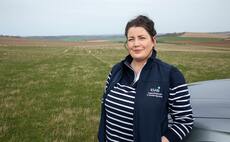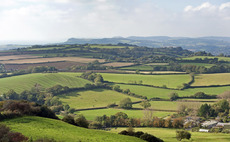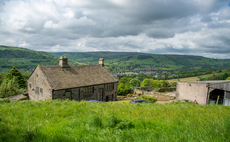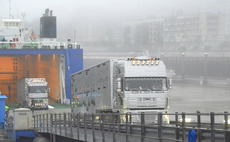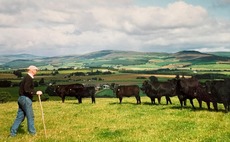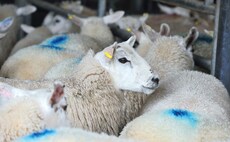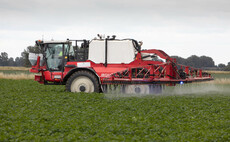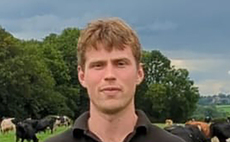
Is it perfect? No. Have there been compromises? Yes, and you would expect that in politics. I'm pleased that some of the ideas I'd formulated with our two farming unions have ended up in the Bill via the way of amendments. Reporting of productivity, multi-annual financial plans and support for renewables are just three things that through hard work, and positive, engaging lobbying from the unions, have made their way into the Bill.
My mantra for the Bill was that it must Protect, Promote and Provide for Welsh farmers and agriculture. I'm pleased to say that the Bill has come a long way since the Brexit and Our Land consultation of 2018. No mean feat given the Welsh Government's history of dictating ineffective and often obstructive policies to the industry. The ineffective Wales-wide NVZ regulations and the failing TB eradication strategy to name two examples.
But as quickly as the dust settled in our Chamber following the vote on the Bill, attention turned to the Sustainable Farming Scheme (SFS) and the imminent statement that was due from the Rural Affairs Minister. While the Agriculture Bill gives us the framework in which Welsh farming will operate, it is the SFS that will look to incentivise Welsh farmers into sustainable land management through universal optional and collaborative tiers of financial support.
On the July 11, the Rural Affairs Minister made her anticipated statement on the SFS after a period of co-design and ahead of the Summer show season here in Wales. Íæż½ã½ã will receive a baseline payment for carrying out universal actions (and more for the optional and collaborative actions) but we don't yet know the financials underpinning the SFS.
Apart from the lack of fiscal detail, the farming sector and I broadly welcome the SFS and its aims. But, and there's always a but in politics, the Welsh Government's insistence that 10 per cent of each farm holding's ‘suitable land' (as determined by the Welsh Government) must be put towards tree planting is rightly causing concern.
Where has this 10 per cent figure come from? Why have the Welsh Government doubled down on this target which could easily see food producing land being taken out of production in the name of tree planting?
There is absolutely a role for trees to be played on farms in Wales and across the UK, without question. But it must be the right tree, in the right place, for the right reason. And if farmers are to take the SFS seriously and engage in the consultation this Winter, then the Welsh Government needs to scrap the 10 per cent target.
Wales has already seen good quality agricultural land snapped up by the highest corporate bidder for them to greenwash through total deforestation as part of their carbon offsetting strategy, often getting financial support from the taxpayer via the Welsh Government to do it.
What our industry needs is hope, and I'm looking to offer that hope with three simple policies.
Firstly, I would ensure that the SFS supports food production and productivity, something currently missing from the Welsh Government's proposals. I would also ensure that the next generation of farmers get tailored financial support to get them onto the farming ladder.
Secondly, we would introduce changes to planning regulations to make it easier to bring redundant farm buildings back into life as homes for local people. Welsh planning regs are too restrictive. With old stone barns spreading the length and breadth of Wales, often not fit for agricultural purposes, these buildings would make excellent homes for the next generation of farmers.
And finally, and in some ways the most important policy in terms of offering hope, is that we would use every tool at our disposal to eradicate bovine TB from Wales. For too long the Welsh Government have allowed farmers to suffer under the immense pressure that TB brings. Through a strengthened testing regime and compensation scheme, coupled with the removal of infected wildlife, we would look to tackle and eradicate this vicious disease and stop the immeasurable damage it does to our farmers and our livestock.
These policies may not reinvent the wheel. But they do come from listening to an industry which is too often ignored.









